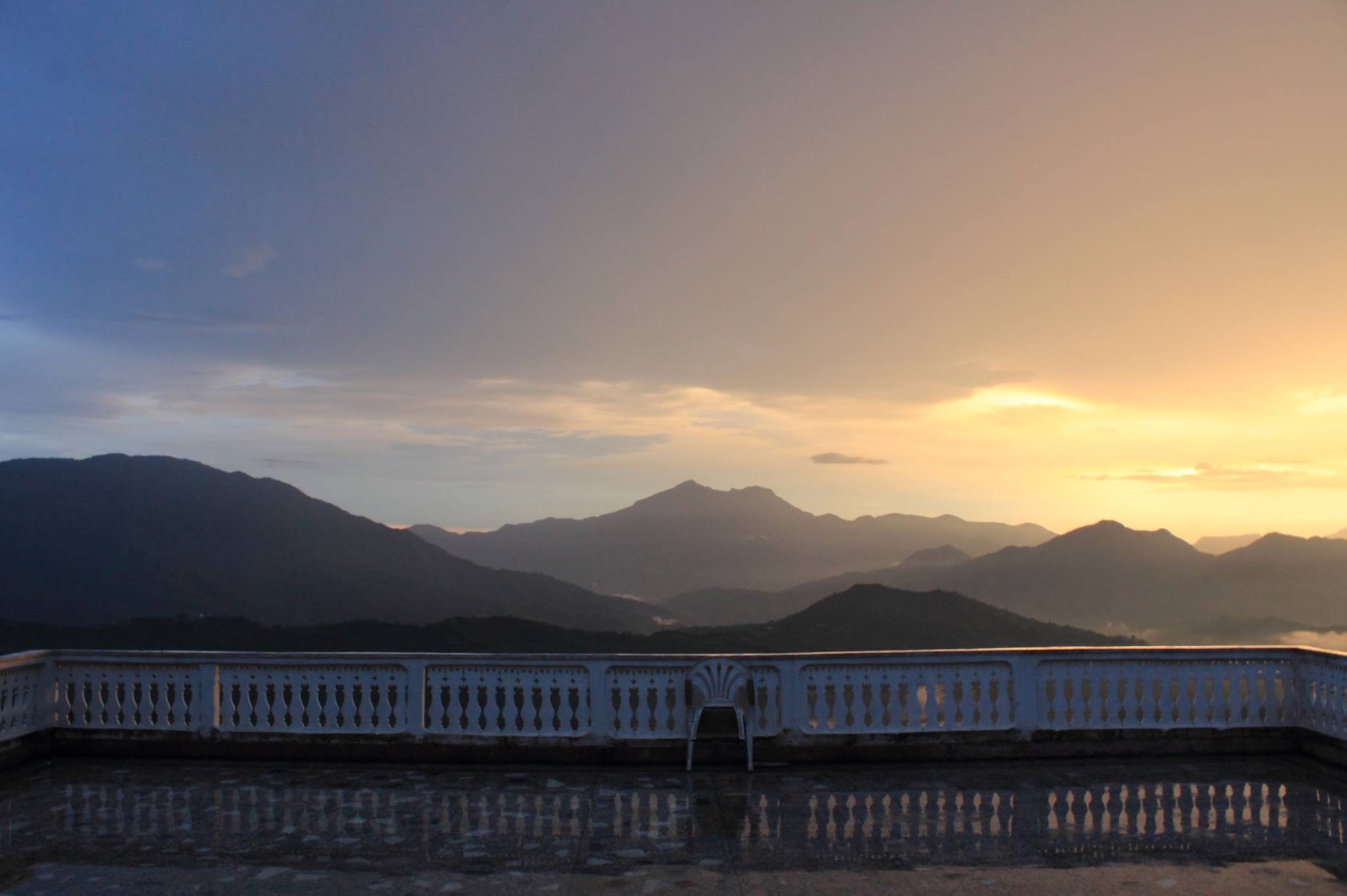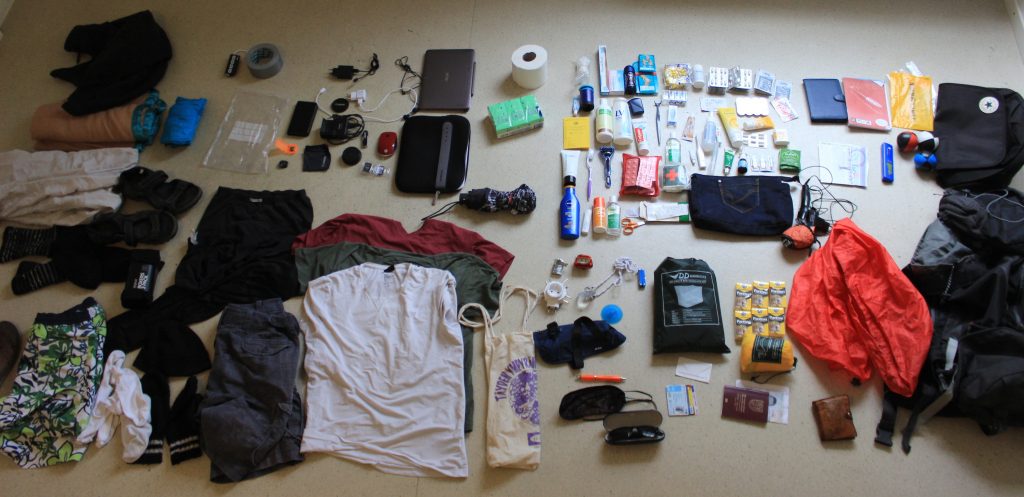Most guides for travel preparations focus on the equipment and necessary documents. But how do you prepare your mind for travel?
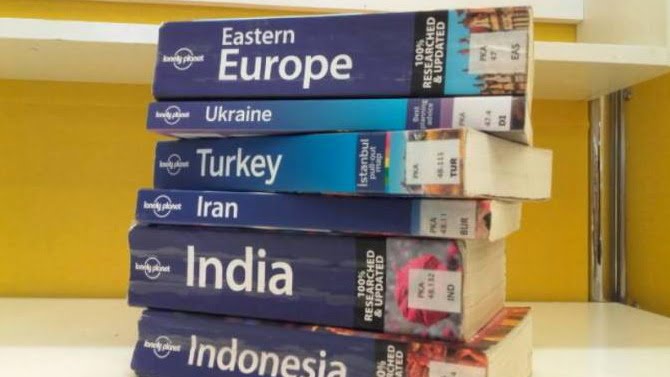
You don’t need to read guidebooks cover to cover. Just skim through some parts and you’ll get new ideas for your journey.
1. Study and gather information
The earlier you start studying and researching for your trip, the better. Learning new things demands a lot of time and mental processing. Keep your goals clearly in your mind and study at a pace that is comfortable for you.
What kind of knowledge should you gobble before you go?
Learning languages is an obvious option. If you already know that you’ll spend lots of time in an area where English is not widely understood, you can take courses in the local languages. Besides making simple transactions much easier, it also helps you settle in the environment as you recognize some pieces from the conversations around you.
Getting to know your destinations and reading general instructions for traveling is also extremely useful. Researching for a trip serves many purposes – and only one of them is gathering information. As you read travel advice, you’ll get new ideas for your journey.
In addition, it also gives you a sense of control as you become familiar with the places you will soon see. Even if a lot of information vanishes from your memory, the study process will reduce your anxiety and make you a more confident traveler.
How I did it:
For the last two years, I was in the lucky position where I was working full time in the university campus but I still had flexible working hours that allowed me to take a few courses in the university. For one year, I focused on studying Russian. The next, I switched to Spanish. While I don’t speak either of these languages fluently, basic understanding helps in common situations such as ticket booking and border checks.
Because I’m planning to travel for over a year, I didn’t naturally have time to study all the destinations I’ll visit. I did, however, skim through the general information in the Lonely Planet guide books for the countries I’ll most likely visit in the first months of my trip. I also read two very useful backpacker guides (the Finnish-only ”Madventures – Kansainvälisen seikkailijan opas” and ”Vagabonding – An Uncommon Guide to the Art of Long-Term World Travel”). These guides were especially useful in the planning and preparation process.
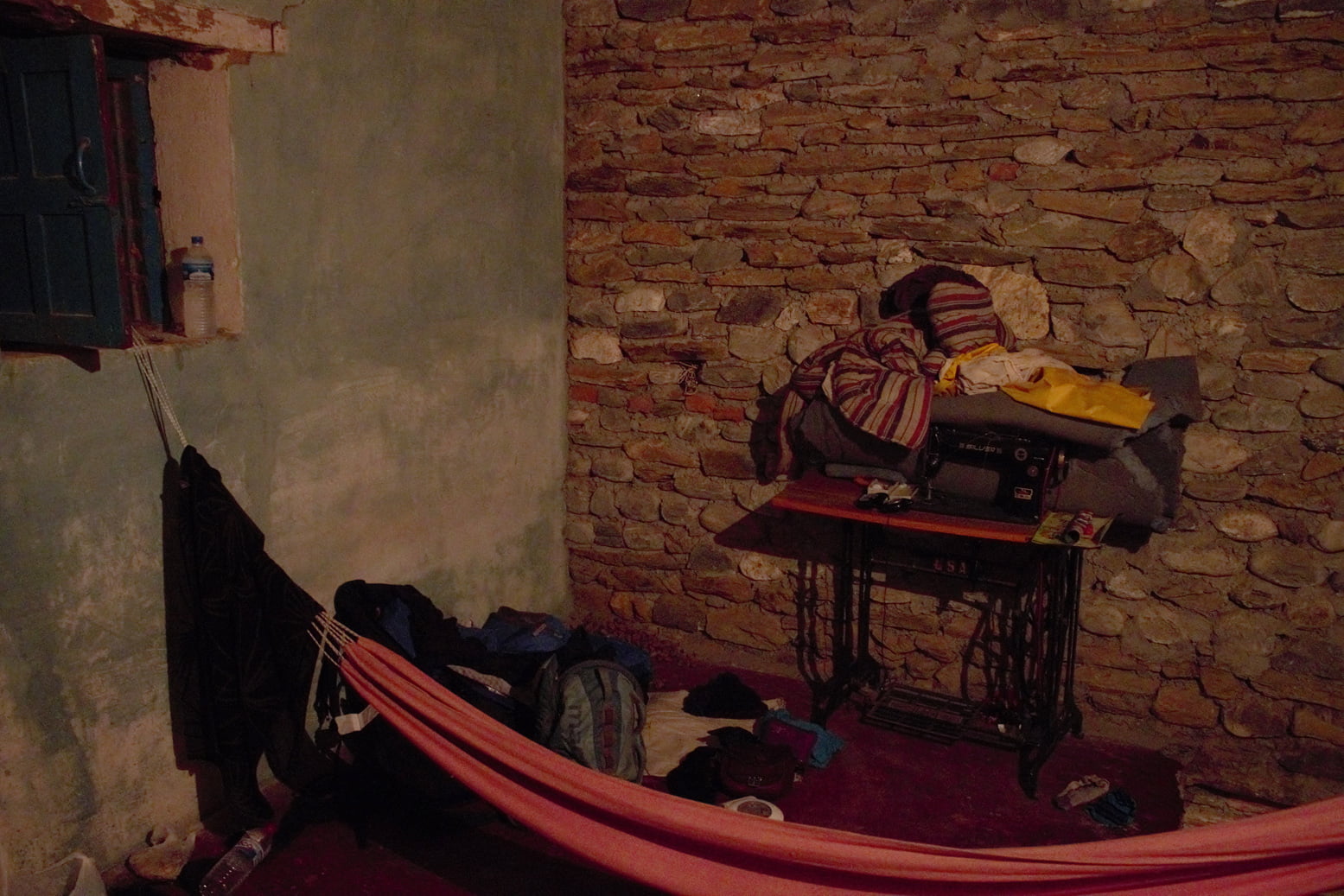
An accommodation in a hammock shop. No breakfast cereals here. (Pokhara, Nepal, 2013)
2. Change your routines
Once you leave for a journey, your ordinary days will change completely for a long time. Gone are your favorite breakfast cereals, wave goodbye to the weekly volleyball practice that you’ve been attending for the last four years.
There are two ways how you can face the complete transition of routines and prepare your mind for travel. You can either change everything at once when you depart or start making minor changes to your routines in advance.
While not completely necessary, changing your routines beforehand can help you adjust to the life on the road. It might lessen the impact of the potential culture shock and work as a vaccination for the most acute forms of homesickness.
How I did it:
I had never owned a smartphone before, but I knew I’d need one for this journey. Instead of buying it just before departing, I purchased it two months in advance so I’d get used to using it. Soon later, I stopped using a piece of paper for tracking my income and expenses and switched to a budgeting app that I knew would be much more convenient on the go.
I also had some time between the day I stored all my belongings (except those I packed with me) and the date of my departure. As I lived with my travel equipment for a few days, I became more familiar with them and the switch from abundance to scarcity didn’t come as a shock once I left.
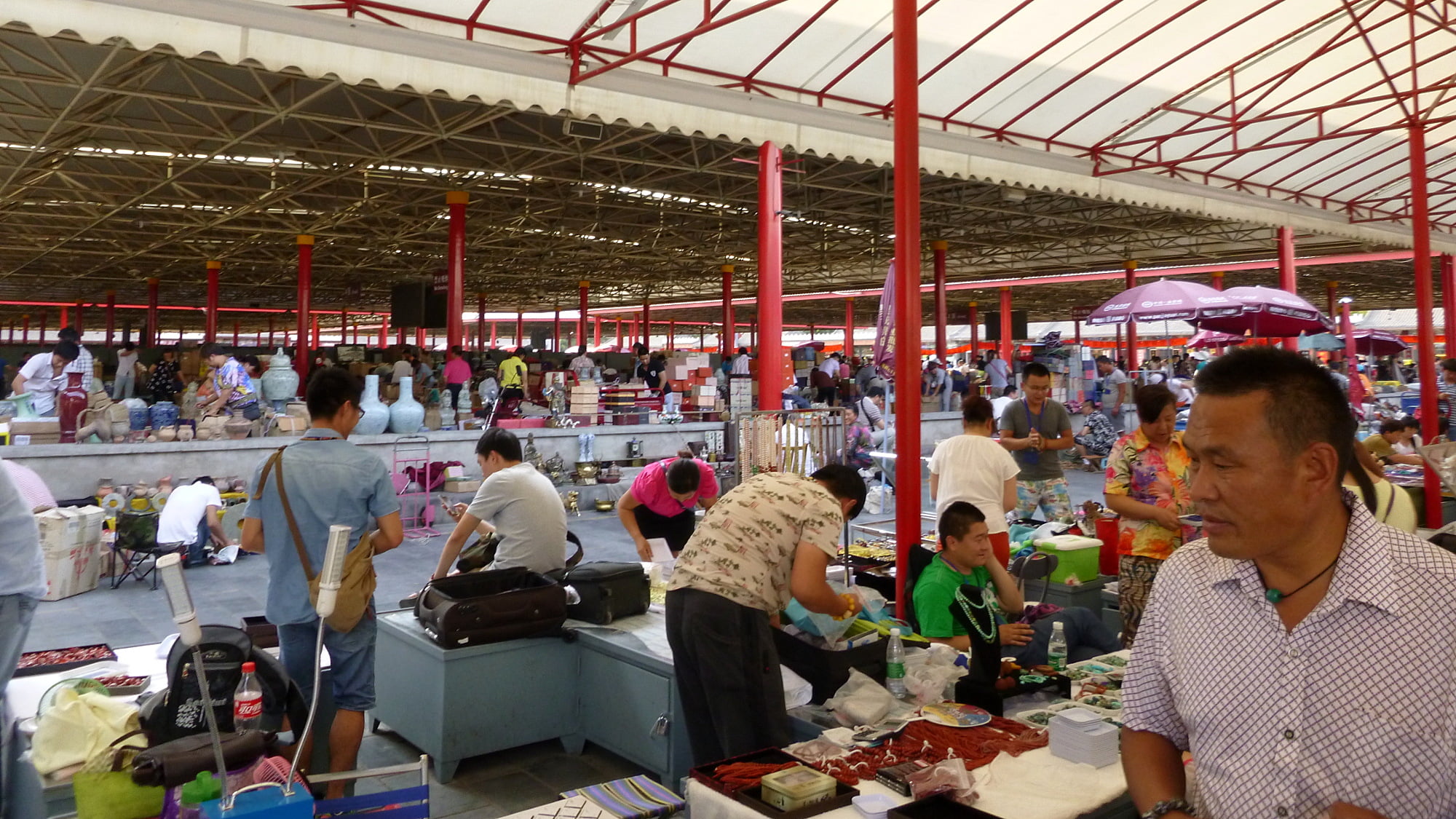
People, people everywhere. (Beijing, China, 2015)
3. Learn to deal with people
Your upcoming journey is an amazing possibility. On the road, you’ll be thrown into new experiences with new people more often than ever before. Is there something you’d like to do differently with people? How could you better person for others?
When traveling, the language barrier and cultural differences can make communicating with other people much harder than it was before. At the same time, you’ll have to depend on the help of other people possibly more than ever before. This contradiction offers an interesting starting point for human interaction on the road.
How I did it:
I have always been a shy person. I’ve always found it difficult to ask strangers for help or tell what I need when nobody is asking. Language barrier makes this blockade stand even higher – and I’ve blamed my shyness for it. However, blaming your traits is completely useless, as it doesn’t offer you a chance to develop. So, I’ve started to think that asking for help is a skill. And like all other skills, it can be trained.
I’ve been trying to ask for help and tell what I need more than before. I recommend that you do the same: If you get lost, ask for directions. If you change your mind about your order at a bar, tell it to the bartender before he pours your drink.
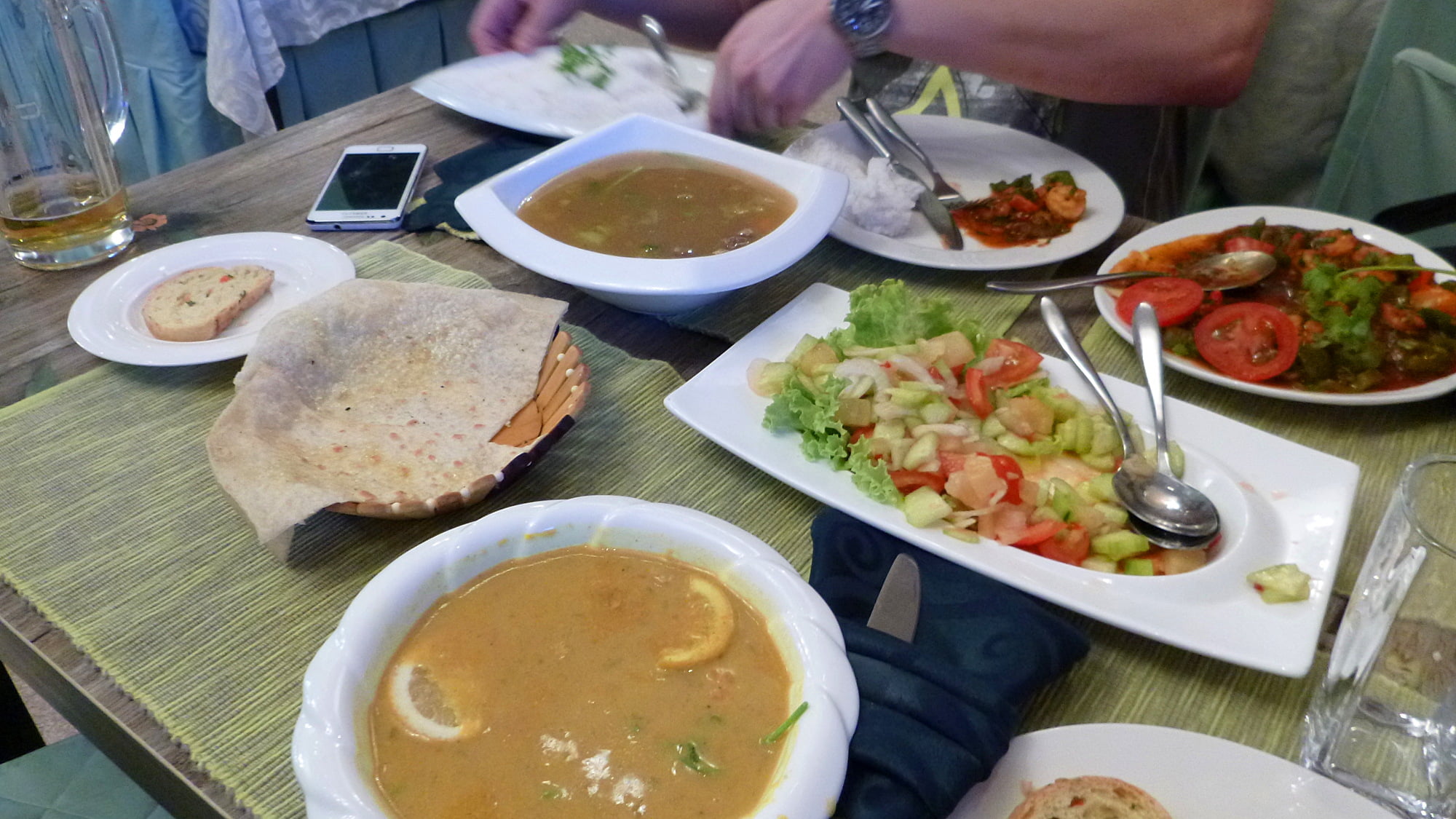
We were hungry. (Ulaanbaatar, Mongolia, 2015)
4. Make quicker decisions
While traveling, you will face plenty of situations when you need to act solely by yourself. The details vary, but the big picture is always the same. You’ll need to make a decision – and no one is going to make it for you.
So, how could you make these situations go smoother? By learning how to make decisions, of course.
One of the main points squad leaders in the Finnish Military Service are taught is that they need to make decisions quickly. Even if you’re not completely confident about your command, it’s important that you don’t hesitate for too long. If the decision is bad, you can possibly change it later. If your squad has nothing to do, they’ll grow restless.
While you don’t have a group of 19-year-olds at your command, learning to make clear decisions quickly will still be very beneficial to yourself and it can save you lot of frustration.
How I did it:
During my previous trips, I’ve often wandered around way too long just to find something cheaper to eat – even if I haven’t eaten for hours and really need some nourishment as quickly as possible. I also tend to skimp too much at supermarkets and end up buying less food than I really need.
To change this habit, I practiced making quicker decisions at shops and not to scant with the food if I really need it. It’s better to eat in an average restaurant to replenish your energy than search for hours for the best option.
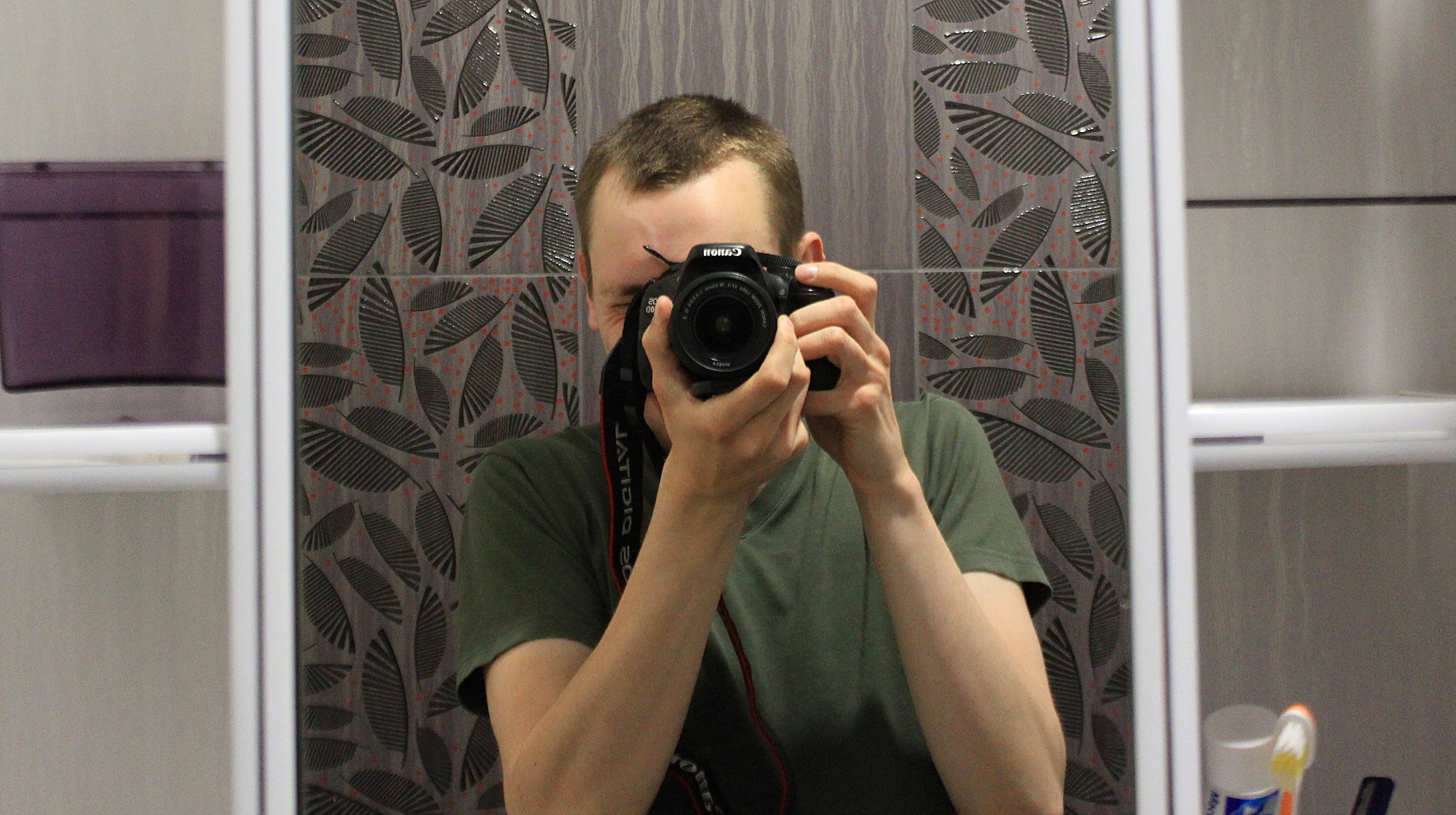
For the last 24+ years, I’ve been mostly traveling with this guy. (Brest, Belarus, yesterday)
5. Learn to be with yourself
”Wherever you go, there you are.”
If you expect to change your life completely once you change your whereabouts, you’re in for a disappointment. Wherever you go, you will see your memories, traits and other issues follow you.
While you can change some of your actions, you cannot change yourself completely. Therefore, instead of always looking for something to fix, it’s even more important to learn to love yourself just the way you are. Hang around with the person you call ”I”. Get to know him, learn what makes him tick.
You’re going to spend a lot of time with the voices – also known as thoughts – inside your head, so I recommend you learn to live with them. Even if you’re currently at a happy state, it’s useful to learn some welfare measures to keep things that way. A few breathing techniques can get you far, learning Mindfulness or yoga will help you even further as you prepare your mind for travel.
How I did it:
Like for many others, getting to know myself has been an ongoing process for an indefinite time . Luckily, I currently feel like I’m in a place where I understand and accept my own thoughts and motivations.
I’ve tried yoga a few times, but I never made a routine out of it. Instead, I practicing a little bit of mindfulness last year and I’ve managed to apply some of it’s thinking and relaxation techniques to my daily life.
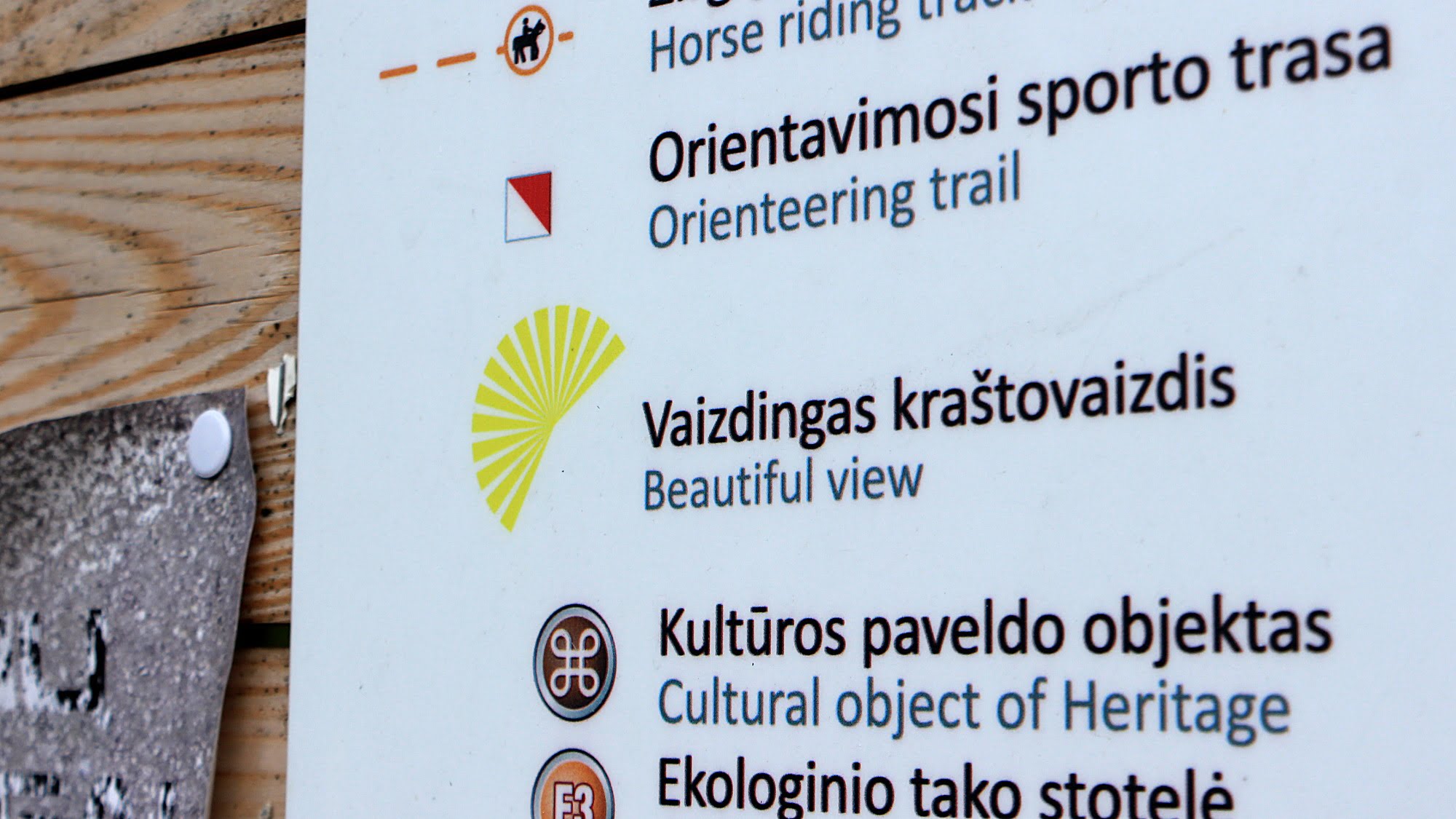
In case you struggle to find a beautiful view, this guide map will help you. (Šiauliai, Lithuania, 2016)
6. Just relax
You might be nervous about your upcoming trip. You’ve heard the horror stories about all the scams, crooks and corrupt policemen. Terrible news from different countries make the world sound awfully dangerous. News focus on the negative events, which makes the whole picture extremely biased. Keep this in mind and remember that the world is mostly a good-natured place.
Therefore, my final recommendation for preparing your mind for travel is very simple: take a deep breath and just relax. Think about how exciting your trip is going to be. Don’t worry too much, you’ll be doing just fine!
No matter how much you study, you will never be completely finished and ready – and real travel experience can only be gathered by traveling. So, don’t let all the guides and instructions (including this one) make traveling seem like a thing only experts can achieve. Even if you haven’t traveled much before, you can learn everything you need as you go.


